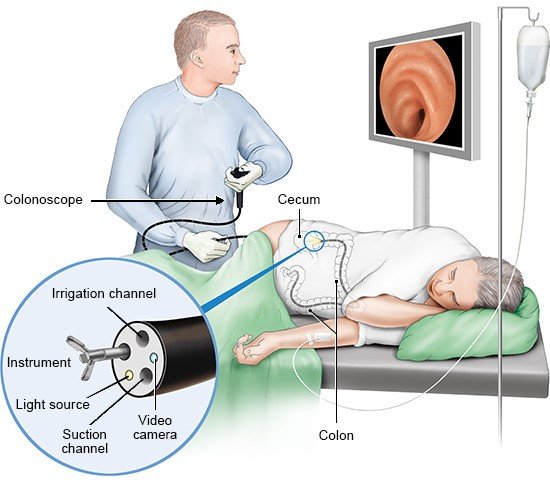Effective Treatments for Persistent Nasal Congestion

Nasal congestion is a common condition that causes discomfort and makes it difficult to breathe through the nose. It occurs when nasal tissues and blood vessels become swollen with excess fluid, leading to a stuffy or blocked sensation. Understanding the underlying causes and available treatment options can help you find relief and improve your quality…
Functional Medicine as a Natural Approach to Addressing Autoimmune and Other Chronic Diseases

Functional medicine looks at chronic disease through a systems-based lens rather than isolated symptoms. Instead of treating each diagnosis separately, practitioners aim to find and address the root causes. This method is especially helpful for patients who have multiple conditions or complex symptoms. By focusing on long-term healing instead of short-term fixes, functional medicine promotes…
When to Choose Urgent Care Over the Emergency Room

Medical situations happen when you least expect them. Knowing where to go for treatment helps you get the right care quickly. Should you head straight to the emergency room or is urgent care the better option? From minor injuries and illnesses to situations that truly require emergency attention, here’s how to decide when immediate care…
Body Contouring: Combining Surgical and Non-Surgical Solutions

Body contouring offers effective ways for people to reshape and enhance their bodies. By blending surgical and non-surgical methods, this approach can address stubborn areas that may not respond to dieting or exercise. Understanding the available options and who they are suitable for can help individuals make informed decisions about their paths toward achieving their…
Interventional Pain Management Techniques: What Are Your Options?

Chronic pain affects millions of people, limiting daily activities and reducing quality of life. When conservative treatments like medication and physical therapy fail to provide adequate relief, interventional pain management offers targeted solutions. These minimally invasive procedures aim to reduce pain by addressing its source directly. Exploring Injection-Based Treatments Pain management practitioners use injection therapies…
The Connection Between Lyme Disease and Co-Infections

Understanding the relationship between Lyme disease and co-infections is a foundational step in managing these complex conditions. Lyme disease, primarily caused by the bacterium Borrelia burgdorferi, is transmitted to humans through the bite of infected blacklegged ticks. Co-infections refer to additional illnesses that may be transmitted simultaneously with Lyme disease, complicating diagnosis and treatment. A…
Holistic Versus Traditional Medicine

Traditional medicine relies on scientific evidence, standardized treatments, and rigorous clinical testing. Holistic medicine focuses on treating the whole person, incorporating physical, mental, and spiritual aspects of health. These methodologies differ significantly in their philosophies, treatment methods, and approaches to patient care. Understanding the characteristics of each approach can help individuals make informed decisions about…
Understanding the Early Signs of Parkinson’s Disease

Parkinson’s disease affects millions of people worldwide, yet many individuals remain unaware of its early warning signs. This progressive neurological condition develops gradually, often beginning with subtle symptoms that people may dismiss as normal aging or stress-related changes. Recognizing these early indicators allows individuals to seek timely medical evaluation and potentially access treatments that may…
Reasons To Get a Colonoscopy

A colonoscopy is a medical procedure used to examine the inner lining of the large intestine, also known as the colon. It involves the use of a thin, flexible tube equipped with a small camera to inspect the colon and rectum for abnormalities visually. Typically performed by a gastroenterologist, the test helps identify potential issues…
How Primary Care Physicians Help Treat Type 2 Diabetes

Primary care physicians serve as the first point of contact for diabetes management and provide ongoing support throughout your treatment journey. They offer preventive care, early detection, and long-term management strategies that can significantly impact your quality of life. Working closely with a primary care physician enables the development of personalized treatment plans tailored to…

